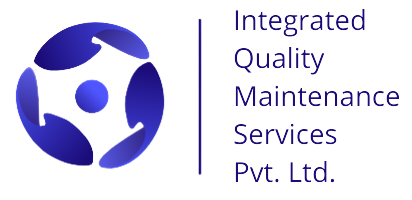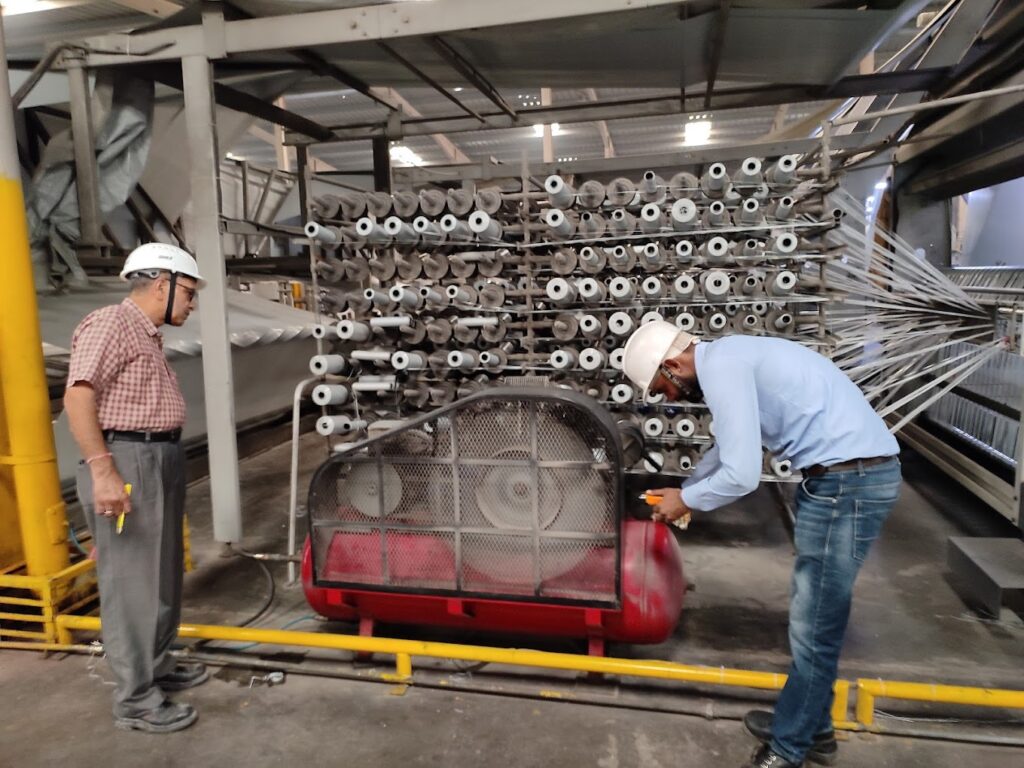1. Introduction
Definition and Importance of Third-Party Safety Inspection
A third-party safety inspection involves an external, accredited agency conducting an objective assessment of a factory’s safety protocols and compliance with legal standards. The importance of these inspections lies in their ability to prevent workplace accidents, safeguard workers’ health, and ensure the factory meets legal requirements.
Overview of the Rajasthan Factories Rules Act
The Rajasthan Factories Rules Act governs the safety, health, and welfare of workers in factories. This legislation ensures that factories operate in a safe environment and comply with necessary safety regulations, including the provision for third-party inspections.
2. Historical Background
Evolution of Safety Standards in Indian Factories
The development of factory safety standards in India can be traced back to the British colonial era, with the Factories Act of 1881. Over the years, these laws have evolved to provide better protection for workers, with a strong focus on safety.
Role of the Rajasthan Factories Rules Act
The Rajasthan Factories Rules Act was introduced to address the specific needs of Rajasthan’s industrial landscape. It outlines safety protocols that factory owners must follow to protect their workforce, placing a special emphasis on third-party inspections.
3. Legal Framework of the Rajasthan Factories Rules Act
Key Provisions Related to Safety Inspections
The Rajasthan Factories Rules Act includes several provisions related to safety, including the obligation of factories to maintain safe working conditions and undergo regular third-party inspections to verify compliance.
Compliance Requirements for Factories
Factories must adhere to a range of safety measures, including proper ventilation, emergency exits, fire safety equipment, and regular inspections by third-party agencies. Non-compliance can result in fines and legal action.
4. Purpose of Third-Party Safety Inspection
Ensuring Workplace Safety
The primary goal of third-party safety inspections is to ensure that factories maintain a safe working environment. By identifying potential hazards, these inspections help prevent accidents and injuries.
Compliance with Legal Standards
These inspections are a key mechanism for ensuring that factories comply with the Rajasthan Factories Rules Act and other applicable laws. Regular inspections help factory owners stay within the legal framework.
5. Who Can Perform Third-Party Safety Inspections?
Accredited Agencies and Inspectors
Third-party inspections must be conducted by accredited agencies or individuals who are qualified to evaluate safety measures. These inspectors undergo rigorous training to assess compliance with safety standards.
Qualifications and Certifications Required
Inspectors must have specific certifications in industrial safety and meet the legal requirements outlined by the Rajasthan government. This ensures they have the knowledge to conduct thorough inspections.
6. Process of Third-Party Safety Inspection
Pre-Inspection Procedures
Before an inspection, factory management must prepare by ensuring that all safety protocols are in place. This includes reviewing equipment maintenance records and ensuring safety signs are properly displayed.
On-Site Inspection Process
During the inspection, inspectors assess various aspects of factory safety, such as equipment condition, worker protective gear, and fire safety protocols. They also check compliance with legal standards.
Post-Inspection Reporting and Documentation
After the inspection, the third-party agency provides a detailed report highlighting any violations and recommendations for improvement. Factories are required to address these issues within a specified timeframe.
7. Role of Factory Management
Responsibilities During Inspections
Factory management must cooperate with inspectors by providing access to all areas of the facility and relevant documentation. Their active involvement ensures a smooth inspection process.
Ensuring Continuous Compliance
Management must ensure that safety measures are continuously updated and that all necessary precautions are taken to maintain a safe working environment, even after the inspection is completed.
8. Common Violations Detected in Safety Inspections
Types of Safety Hazards
Common safety hazards detected during inspections include poor ventilation, faulty machinery, inadequate emergency exits, and lack of fire safety equipment.
Most Common Compliance Failures
Factories often fail to meet requirements related to proper signage, worker protective gear, and emergency preparedness. These violations can lead to significant penalties.
9. Benefits of Third-Party Safety Inspections
Prevention of Workplace Accidents
Regular third-party inspections can help prevent workplace accidents by identifying and mitigating risks before they lead to injuries or fatalities.
Improving Worker Health and Safety
By addressing potential hazards, third-party inspections improve overall worker health and safety, reducing absenteeism and increasing productivity.
Reduced Legal Liabilities and Penalties
Factories that comply with safety standards are less likely to face legal actions or fines, as they demonstrate a commitment to protecting their workers.
10. Challenges Faced in Implementing Third-Party Safety Inspections
Lack of Awareness in Small and Medium-Sized Factories
Many smaller factories are unaware of the need for regular third-party inspections or do not have the resources to implement safety measures.
High Costs of Regular Inspections
The cost of conducting third-party inspections can be prohibitive for some factory owners, particularly those operating smaller facilities with limited budgets.
11. Expert Insights
Safety experts emphasize the importance of regular third-party inspections to prevent accidents. According to industrial engineer Anil Kumar, “Factories that invest in safety audits see a significant reduction in workplace accidents and legal complications.”
12. Case Studies
A Rajasthan textile factory that implemented regular third-party inspections saw a 40% reduction in accidents over five years. By adhering to inspection recommendations, they were able to improve worker safety and maintain legal compliance.
13. Future of Third-Party Safety Inspections in Rajasthan
Trends and Emerging Safety Technologies
With advancements in safety technology, factories are increasingly using AI-powered monitoring systems to improve safety standards and reduce the need for manual inspections.
Government Initiatives to Strengthen Safety Compliance
The Rajasthan government has introduced initiatives to support factories in complying with safety standards, including financial incentives for those that implement third-party inspections.
14. Practical Applications for Factory Owners
Steps to Prepare for a Third-Party Safety Inspection
Factory owners should ensure all safety measures are in place before an inspection, including proper signage, worker training, and emergency preparedness.
Best Practices for Maintaining Safety Standards Post-Inspection
Regular maintenance of machinery, continuous safety training for workers, and periodic internal audits can help factories maintain high safety standards after a third-party inspection.
15. Conclusion
Summary of Key Points
Third-party safety inspections are essential for maintaining a safe working environment in factories. These inspections help prevent accidents, ensure legal compliance, and improve worker health and safety.
Final Thoughts and Call to Action
For factory owners, implementing regular third-party safety inspections is not just a legal obligation but a moral responsibility. Ensuring worker safety can lead to long-term benefits, including improved productivity and fewer legal complications.
16. FAQs
What is the Rajasthan Factories Rules Act?
The Rajasthan Factories Rules Act outlines safety regulations for factories in the state, including the requirement for regular safety inspections.
Who Can Conduct Third-Party Safety Inspections?
Only accredited agencies and certified inspectors are authorized to conduct third-party safety inspections.
What Are the Consequences of Non-Compliance?
Factories that fail to comply with safety standards may face fines, legal action, and potential shutdowns.
How Often Should Inspections Be Conducted?
Inspections should be conducted at least annually or as required by the Rajasthan Factories Rules Act.
What Are the Costs Involved in Safety Inspections?
The costs of inspections vary depending on the size of the factory and the scope of the inspection, but they are generally manageable compared to the potential costs of accidents and legal issues.
Contact Us for Third Party Safety Inspection in Rajasthan Call on +91 7014239911


